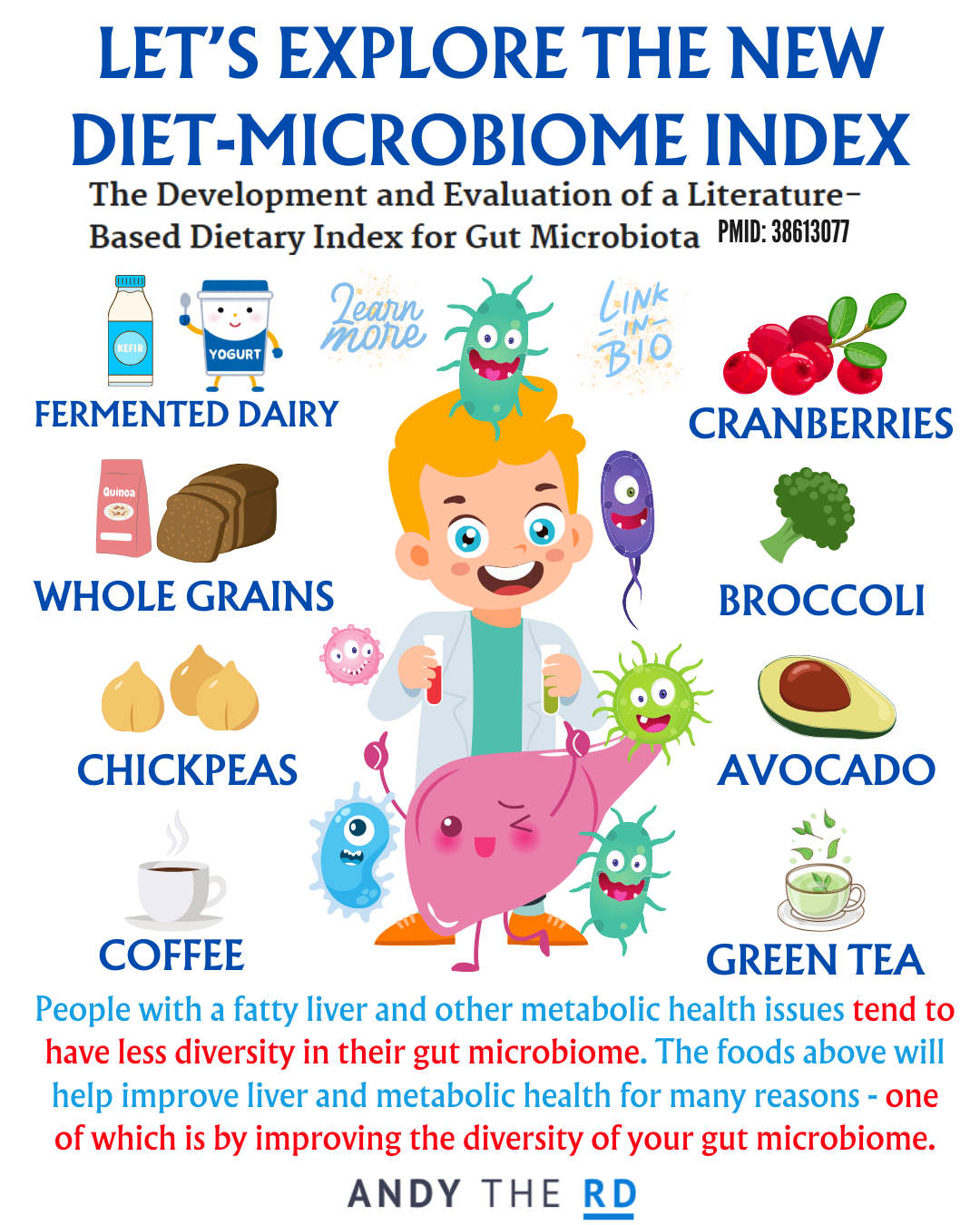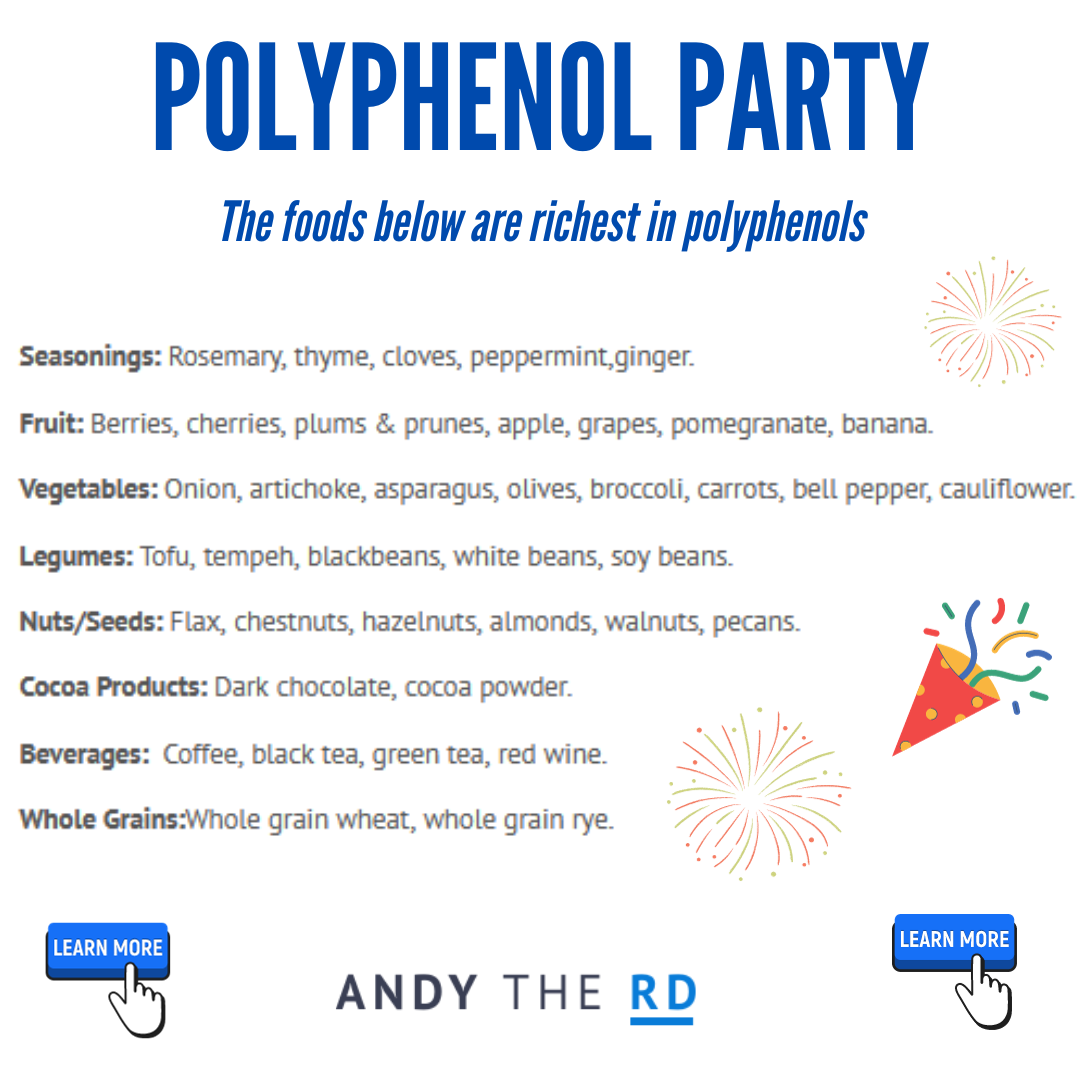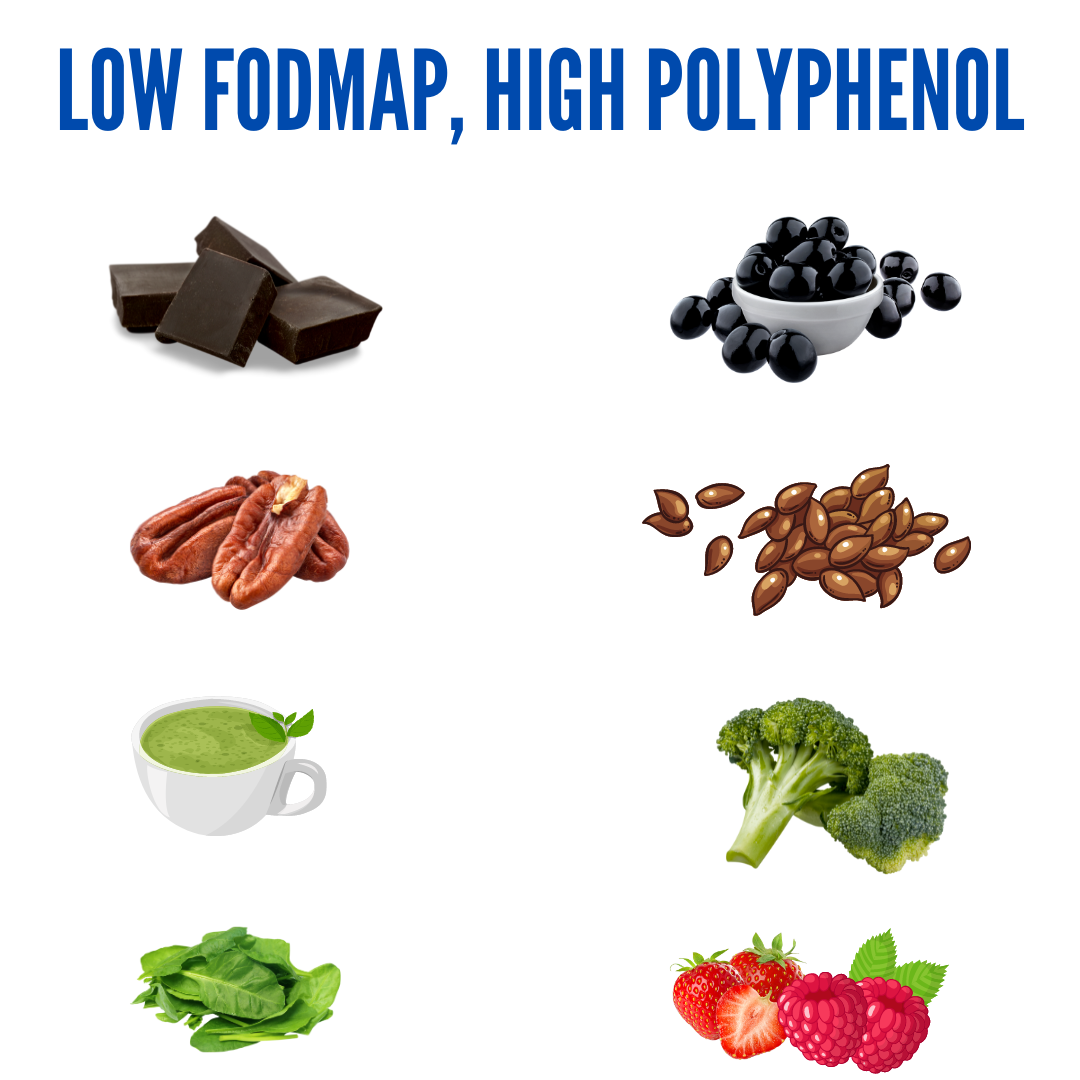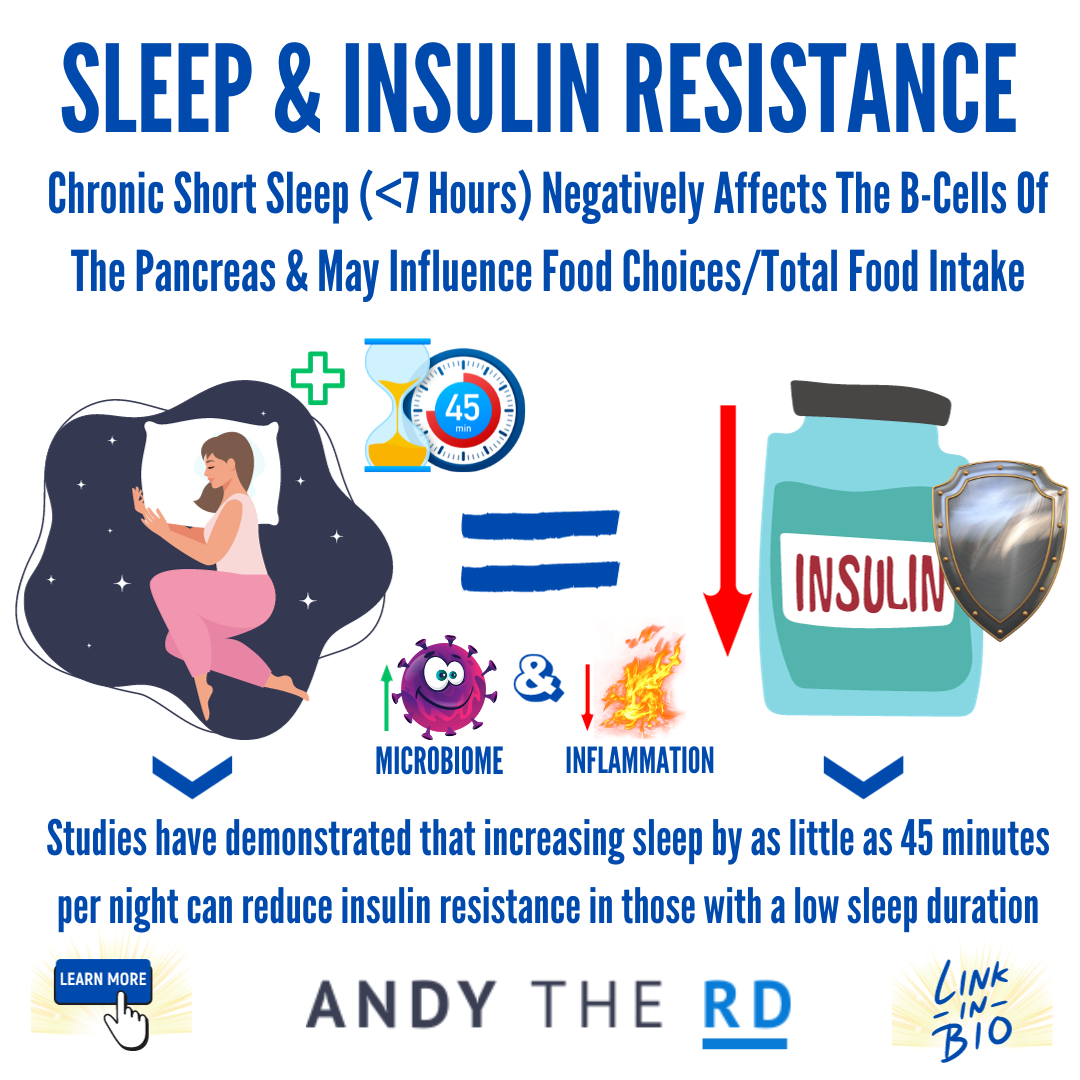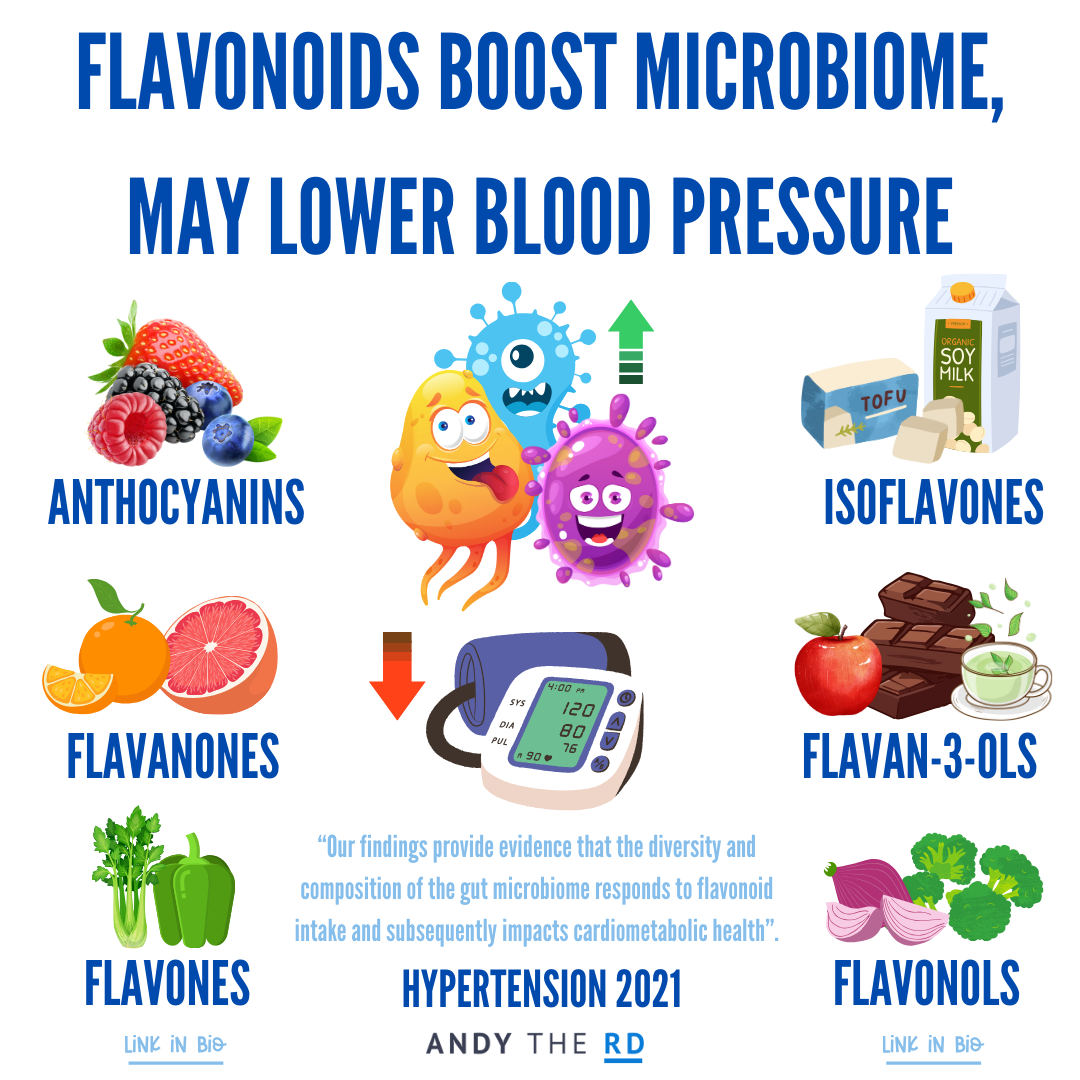There is growing public and scientific interest around the steps that one can take to enhance the state of their gut microbiome through accessible, every day means.
Generally, when I refer to “enhancing” the gut microbiome what I’m really referring to is increasing what is known as microbiome diversity.
Microbiome diversity is considered a characteristic of a healthy gut microbiome and generally means that there are large amounts of many different types of healthy bacteria present.
In turn, this means ample production of beneficial anti-inflammatory compounds known as SCFAs which improve insulin resistance, immune health, gut-brain communication and overall gut health.
A loss of gut microbiome diversity, known as gut dysbiosis, is a characteristic of a wide array of conditions including diabetes, PCOS, fatty liver disease, eczema and many more.
That’s often why you see probiotic use being identified as helpful in improving outcomes in those disease states.
But probiotics are far from the only answer.
So what can the average person do to easily boost their microbiome diversity over time?
In today’s post I’m going to give you my top five scientific suggestions.
Let’s get to the good stuff.
Five Scientifically Supported Ways To Boost Microbiome Diversity
I’ve tried to offer a unique array of options to ensure there is something for everyone, providing examples of human evidence for each.
#1 Consume More Fermented Foods
In 2021, the acclaimed Cell journal published the results of a groundbreaking human trial demonstrating that increasing one’s intake of fermented foods could measurably increase the diversity in one’s gut microbiome while also reducing inflammatory markers.
Fermented foods are those produced through controlled exposure to healthy bacteria.
Examples include kombucha, kefir, yogurt, kimchi and sauerkraut – among others.
These foods deliver small but meaningful amounts of healthy bacteria to the body, which appears to confer benefits to the diversity of the gut microbiome over time.
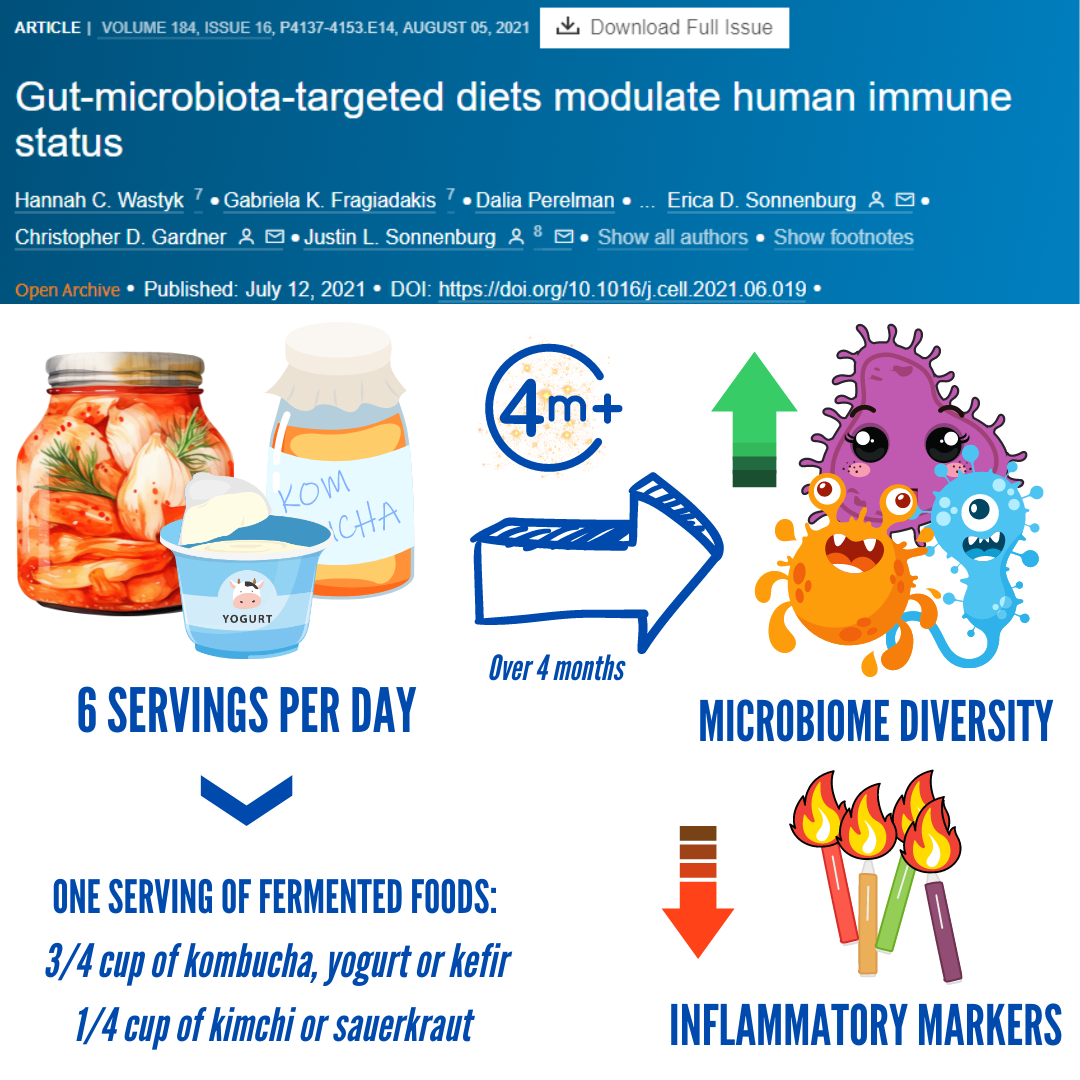
#2 Consume More Polyphenols
Polyphenols are a massive family of phytochemical compounds found in a wide array of plant-based foods.
Scientists believe that these compounds have what is known as a “prebiotic” effect on the gut microbiome, which means they act as food for our healthy gut bacteria and contribute to their growth and flourishing.
In 2021, the Trends In Food Science & Technology journal conducted a systematic review of the best available human studies looking at polyphenol exposure and the microbiome – in ten (60%) of the studies included there was a significant change in the microbiome profile.
This was particularly true of healthy bacteria in the Bifidobacterium and Lactobacillus families.
Commonly available foods that are high in polyphenols include coffee, all types of tea (especially green), oregano, cocoa powder, rosemary, cloves, plums, dark chocolate, flaxseed, olives, pecans, almonds and all berries.
#3 Focus On Your Sleep (>7 Hours)
Short sleep duration for adults is referred to as sleeping for less than 7 hours a day.
Around 1 in 3 adults fall into this category, which is problematic for a number of reasons – including its negative effects on the gut microbiome.
In 2019, the PloS One journal determined that sleep duration is positively correlated with microbiome diversity and it follows that adults who are currently sleeping less than 7 hours per night are candidates for a microbiome boost if they are able to increase their sleep to at least 7 hours.
If you currently sleep under 7 hours a night, regularly aiming for an additional 45 minutes of sleep could boost both your microbiome and insulin resistance.
#4 Consume More Prebiotic Fibre
The word prebiotic, as I alluded to in point #2, refers to the notion that a compound has a unique capacity to act as “food” for our healthy gut bacteria and as a result contribute to their growth, reproduction and flourishing.
Commonly available foods rich in prebiotic fibre include onions, garlic, oats, whole wheat bread, asparagus, apples, bananas and various types of pulses (lentils, chickpeas, beans).
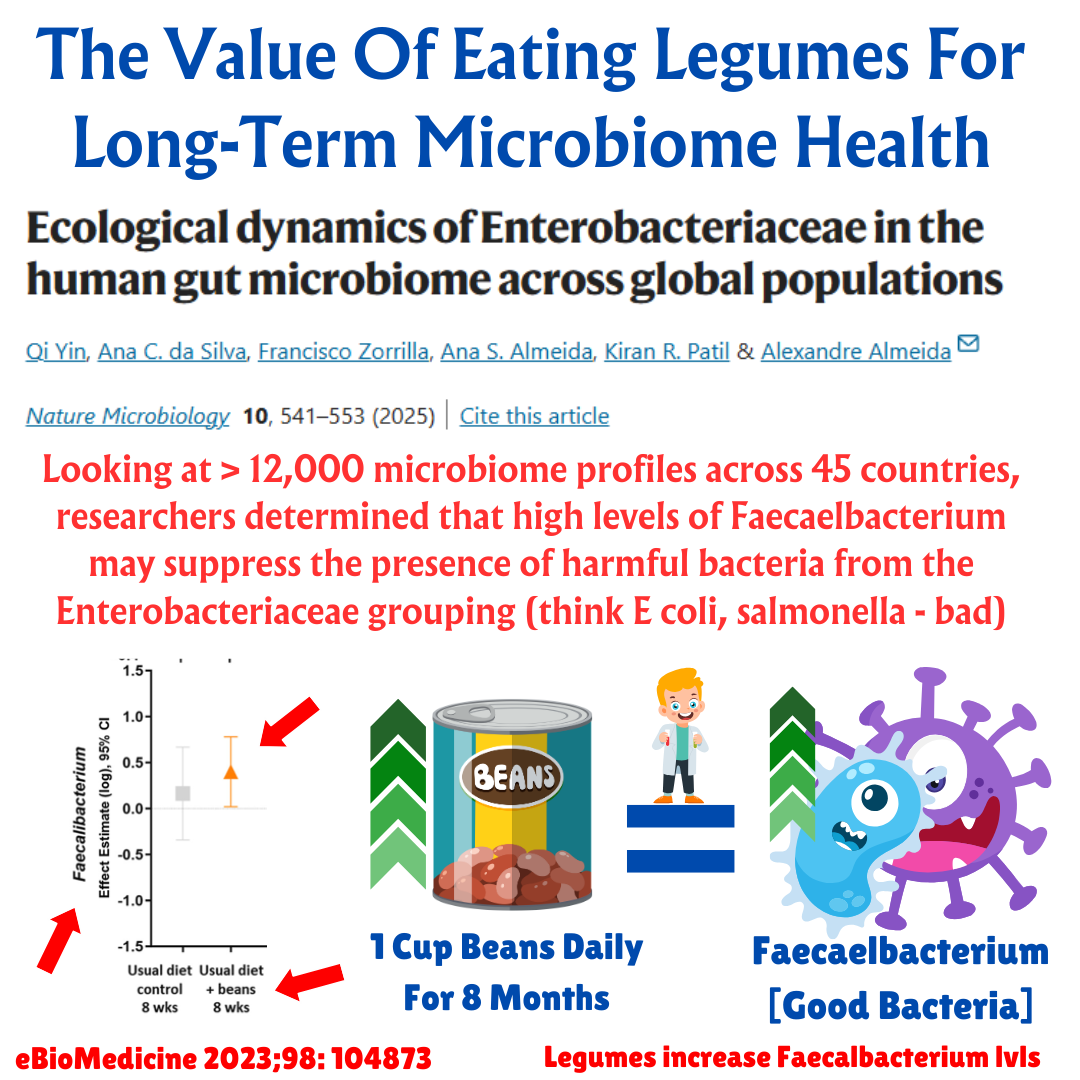
Resistant starch, which is found in certain foods and also in supplemental form, can also help boost microbiome diversity in a more FODMAP friendly way and may confer additional benefits to insulin resistance and conditions associated with it like prediabetes and fatty liver disease.
#5 Fatty Fish & Long-Chain Omega-3s
Fatty fish like salmon, sardines, trout, mackerel and herring are among very few foods that are rich sources of the long-chain omega-3 fatty acids EPA & DHA.
Scientists believe that these compounds, which are also available in supplemental form, have a prebiotic effect on the human gut microbiome – learn more here.
In those who don’t consume fish, a DHA/EPA supplement may be required to optimize the body’s levels of these essential nutrients – these compounds are also available in algae-based supplements for vegans/vegetarians.
It is unclear whether or not eating plant-based omega-3s from walnuts, flax/chia/hemp seeds and soy influence the gut microbiome in the same way but these foods are undoubtedly extremely nutritious AND contain polyphenols and thus are microbiome friendly in their own way.

Putting It All Together
Looking to put together an optimized microbiome friendly style of eating?
Let’s chat about how I can help.
Until next time,
Andy De Santis RD MPH
